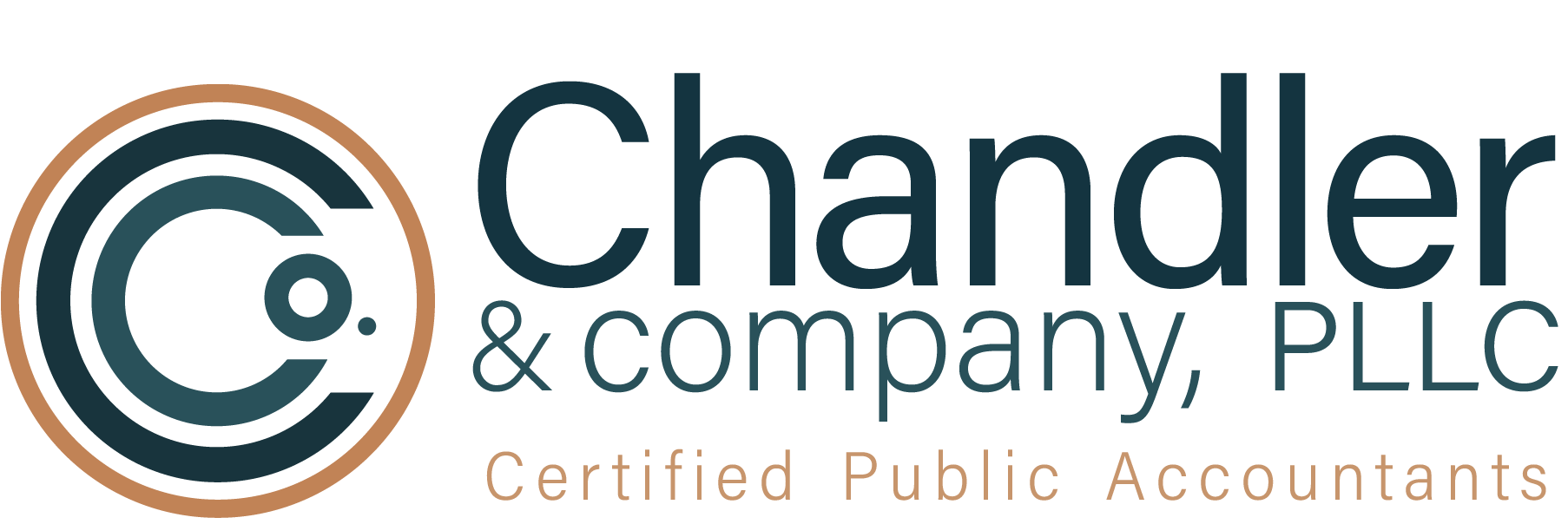In the past 2 weeks, Congress passed and the President signed 2 laws which aim to assist individuals and businesses through these tough economic times of the COVID-19 Pandemic. The “Families First Coronavirus Response Act” was enacted on 3/18/2020 and is aimed at helping employees who have lost wages due to business closures and assisting businesses with paying for sick leave. The “CARES Act” was enacted on 3/27/2020 and is a massive economic relief package aiming to assist both individuals and businesses. In this letter, we will cover the highlights of the changes we feel may be of interest to you or your business.
CARES Act Tax Relief for Individuals
Direct Payments: Taxpayers can expect to receive a payment of $1,200 per filer, plus $500 for each qualifying child (under age 17 based on last return filed). The rebate is reduced if the taxpayer’s adjusted gross income exceeds $150,000 (if joint) and $75,000 (if single).
Rebates will be issued based on 2019 income tax returns, or 2018 returns for individuals who haven’t yet filed in 2019. They are not taxable and do not have to be paid back if your 2020 income increases.
The rebates will be directly deposited into bank accounts if that information is on file with the IRS. If not, the IRS has been notified to allow taxpayers to enter that information on their website (irs.gov). As of the date of this letter, that option is not yet available.
Using Retirement Funds Without Penalty: The CARES Act waives the 10% early withdrawal penalty for coronavirus-related distributions from retirement plans and provides the option of recontributing the funds for up to three years after such distributions are made.
Required Minimum Distribution Rules Waived for 2020: The CARES Act waives the required minimum distribution rules for 2020 for defined contribution plans (IRA’s, 401k’s, SEP’s etc.).
Above-the-Line-Deduction for Charitable Contributions of Up to $300: Individuals, whether they itemize or not, can take a deduction of up to $300 for charitable contributions made during 2020.
CARES Act Tax Relief for Businesses
Employee Retention Credit: The CARES Act provides “eligible employers” a refundable payroll tax credit of 50 percent of wages paid during a calendar quarter. This applies to wages paid between March 12, 2020 and December 31, 2020. Qualified wages are capped at $10,000 per employee per quarter. An “eligible employer” is any employer whose business is fully or partially closed due to orders by a government authority relating to COVID-19, or for which the calendar quarter is within a period of “significant decline in gross receipts.” A period of significant decline in gross receipts means gross receipts are less than 50 percent of same calendar quarter in the prior year.
Extension of Time to Pay Employment Taxes: A business can delay payment of the “employer” share of payroll taxes (the 7.65% only!) for the period March 27, 2020 to December 31, 2020. Half must be paid by December 31, 2021 with the remaining half due on December 31, 2022.
CARES Act Non-Tax Provisions
Although the CARES Act makes extensive use of the federal tax code to deliver relief from the massive economic fallout due to the COVID-19 pandemic, much of the relief is provided by the following non-tax measures: (1) expands eligibility for unemployment insurance, extends coverage by 13 weeks, and provides individuals with $600/week of federal assistance on top of their state benefits; (2) creates a $349 billion small business “payroll protection” loan program with provisions for converting qualifying loans to grants; (3) establishes a $500 billion fund for distressed businesses; and (4) provides $150 billion in direct aid to state and local governments and another $130 billion to the healthcare system.
Families First Coronavirus Response Act
The act generally requires employers to provide an employee with paid sick time to the extent that the employee is unable to work or telework due to a need for leave in any of the following situations:
- the employee is subject to a government quarantine or isolation order related to COVID-19;
- the employee has been advised by a health care provider to self-quarantine due to COVID-19;
- the employee is experiencing symptoms of COVID-19 and seeking a medical diagnosis;
For any of the above items, Full-time employees are entitled to 80 hours of paid sick time. Part-time employees are entitled to paid sick time equal to the average number of hours that the employee works over a 2-week period. Pay is to be at the normal pay rate up to a maximum of $511 daily, $5,110 total.
If leave is required for an employee caring for an individual who is either subject to a quarantine order or is self-quarantining, the employee qualifies for sick leave at up to 2/3 of their normal pay up to $200 daily for 2 weeks, not to exceed $2,000.
If leave is required for an employee who is caring for a child whose school or place of care is closed due to COVID-19, the employee qualifies for FMLA sick leave at up to 2/3 of their normal pay up to $200 daily for 12 weeks (of which 10 are paid), not to exceed $10,000.
Families First Act Employer Tax Credits
For businesses that incur paid leave expenses under the act, fully refundable payroll tax credits are available for the full amount of expenses incurred within the limitations of the act mentioned above.
Additionally, there are refundable tax credits available for self-employed taxpayers who meet any of the above COVID-19 affected criteria. These tax credits will be available on 2020 income tax returns. The credits are calculated based on the number of days the self-employed person is unable to perform services and are subject to the same maximums listed in the previous section.
Finally, for employers, sick leave paid under these provisions are not subject to FICA Tax (that is the 6.2% portion). However, they are still subject to the Medicare tax (the 1.45% portion).

Comments are closed